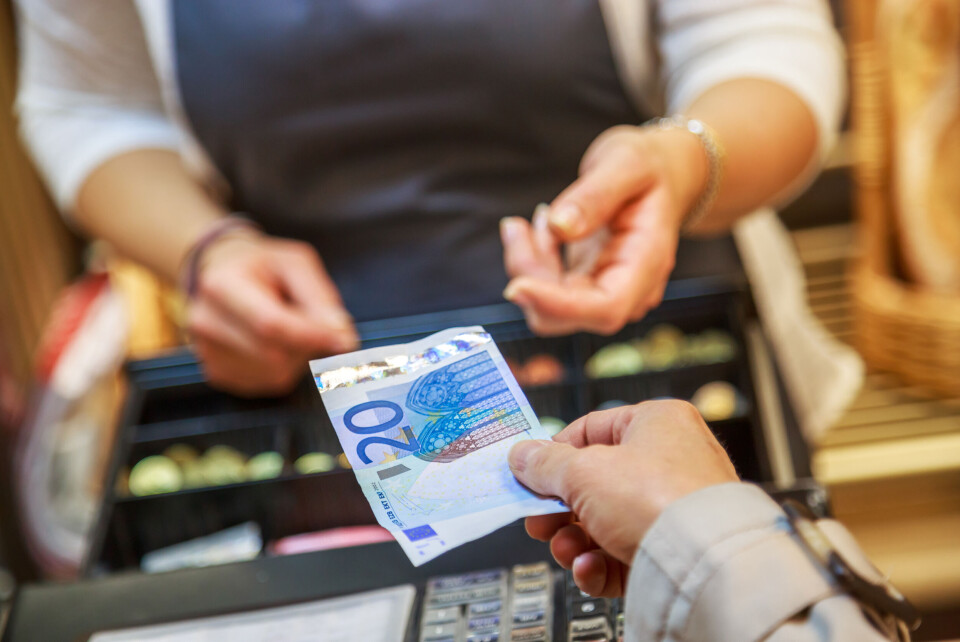-
Know your cheeses and their seasons: which to eat in France in February
Cow’s milk cheeses dominate as winter comes to an end
-
Films and series to watch in February to improve your French
Every month we outline good film and TV series to improve your language
-
Duck Cold! Four French phrases to use when it is freezing outside
France's current cold spell is set to continue for the next few days - we remind you of French expressions to use to describe the drop in temperature
‘Payer rubis sur l’ongle’: Our French expression of the week
As Black Friday is here, we look at a spending-related phrase harkening back to festivities of years gone by

Christmas shopping will begin to pick up pace in France this week, as Christmas markets begin to open and Black Friday arrives.
Read also: What’s coming up? The week ahead in France
This made us think of an expression relating to money and spending, which could apply to festive purchases.
‘Payer rubis sur l’ongle’ (literally: to pay ruby on the nail) could be translated as ‘to pay cash on the nail’, that is, to pay immediately and in full. The phrase might therefore be used either when someone is able to pay cash in hand or straightaway, or if a business requires full payment immediately.
But what has a ruby got to do with paying, and why does the money end up ‘on the nail’?
This expression may find its origins in the seventeenth century, when at a celebration or party it was customary to ‘faire rubis sur l’ongle’ or drink the last drop of their wine off your fingernail to toast someone, according to La Langue française.
‘Faire rubis sur l’ongle’ therefore came to signify ‘to finish something to the last drop’, which then became a metaphor for spending all of one’s money or paying until there was nothing left to pay.
In 1690, Académie française member Antoine Furetière introduced the adapted phrase ‘payer rubis sur l’ongle’ in his Dictionnaire universel.
An examples of the expression in a sentence may be: ‘Je compte acheter ce canapé aujourd’hui ; je peux payer rubis sur l’ongle’ (I am planning on buying that sofa today; I can pay for it in cash).
Related articles
Measure your French fluency against these five language milestones
Cordialement, amicalement: the nuances of email sign-offs in French
‘Un temps de Toussaint’: Our French expression of the week
























